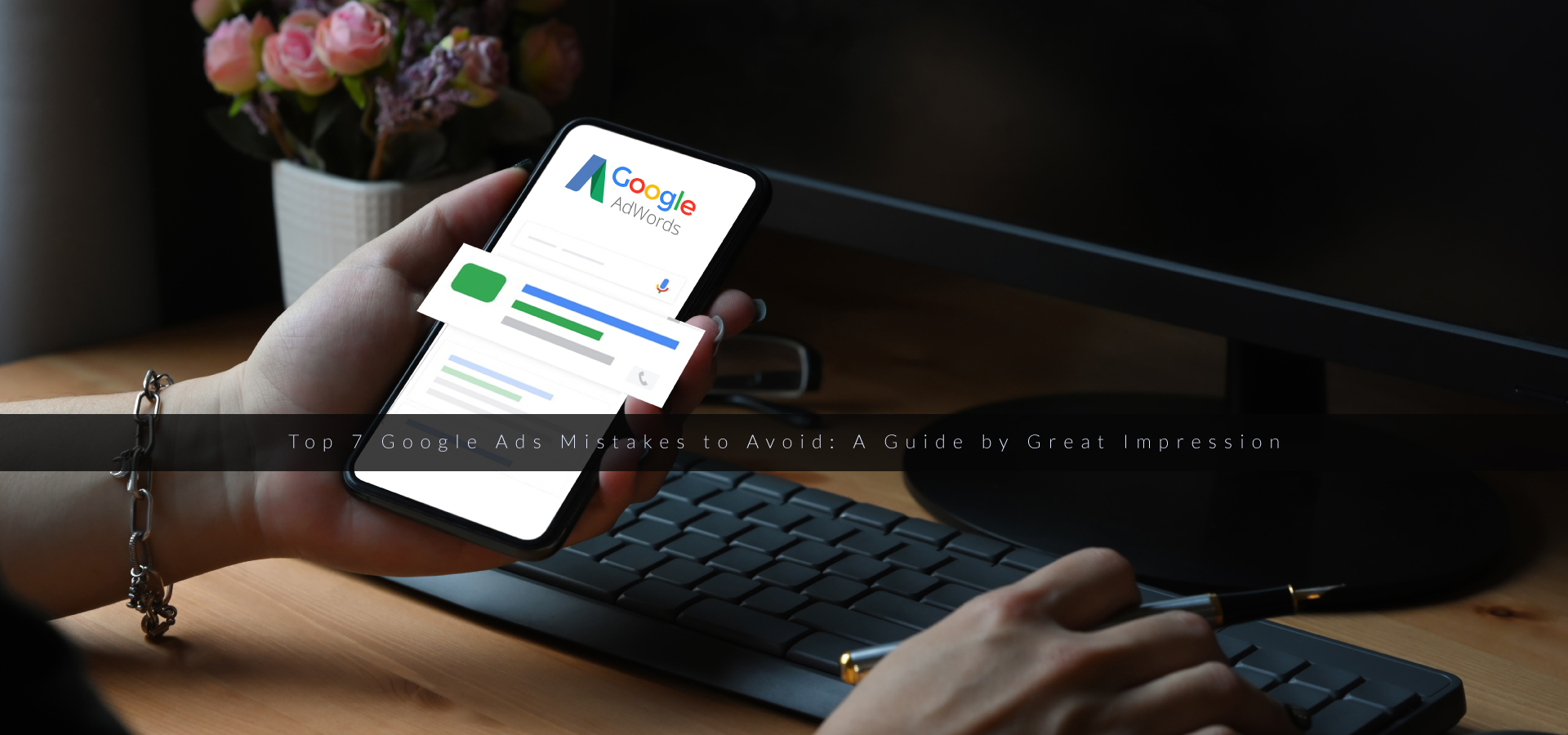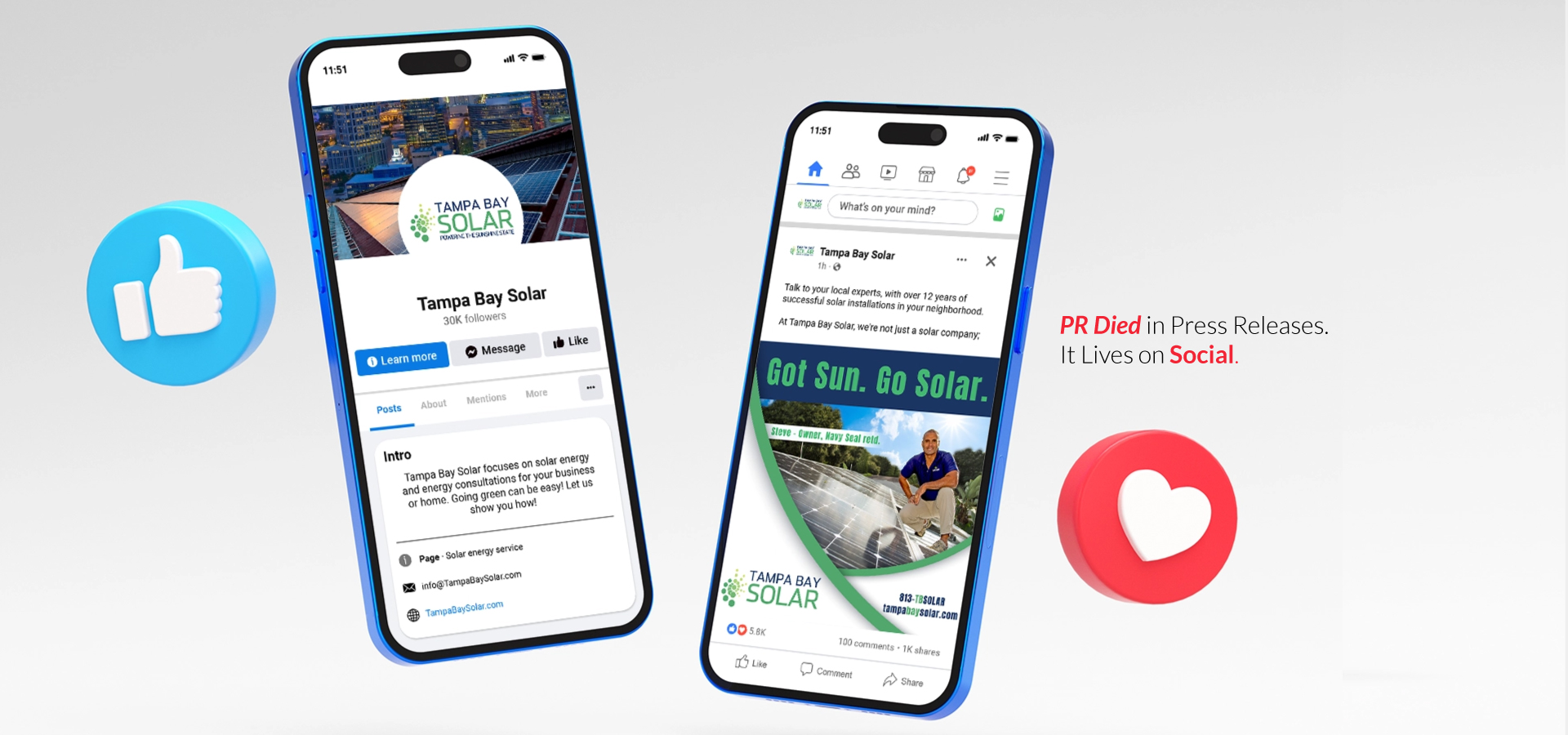Google Ads Mistakes to Avoid: Google Ads is the most effective tool for businesses aiming to connect with their target audience at critical moments. With Google Ads, you can customize your ad campaigns based on keywords, demographics, locations, and even devices. Plus, you have complete control over your budget—only paying when someone clicks on your ad. However, your campaigns might not deliver the results you expect without the right approach, especially regarding keyword management. We’ll highlight the common mistakes made with Google Ads keywords and provide practical tips for avoiding them.
Google Ads Mistakes: In Details
1. Neglecting Keyword Research
Keyword research is essential to the success of your Google Ads campaign. You must carefully research people’s search terms to target the right audience. It can result in low click-through rates (CTR) and wasted money. Competitors who conduct thorough keyword research will have an advantage over you.
Tip: Focus on long-tail keywords (more specific phrases like “best women’s running shoes”). While they have a lower search volume, they typically attract a more targeted audience with a higher chance of conversion. Tools like Google Keyword Planner or Semrush can help you identify valuable keywords, including those your competitors may be targeting.
2. Not Using Keyword Match Types
Google Ads offers different keyword match types that help control how closely a user’s search query must match your keywords. Relying on only one match type, like a broad match, can result in irrelevant clicks.
Types of Keyword Matches:
- Broad Match: Casts a wide net but can lead to irrelevant clicks if not paired with negative keywords.
- Phrase Match: Shows ads for searches that include your exact keyword phrase with additional words before or after.
- Exact Match: Ensures your ads appear only when someone searches for the precise keyword.
Using a mix of match types helps fine-tune your targeting and improve the relevance of your ads.
3. Overlooking Negative Keywords
Negative keywords prevent your ads from showing up in irrelevant searches. For example, if you sell fresh flowers, adding “artificial flowers” as a negative keyword will stop your ad from appearing in searches for fake flowers.
Tip: Review your search term reports regularly to identify terms that trigger your ads but aren’t related to your business. Update your negative keyword list to ensure you’re saving money on relevant clicks.
4. Relying Only on Broad Match
While broad match keywords help capture a large audience, they can also lead to a higher cost-per-click (CPC) and lower return on investment (ROI). If you only use broad matches, your ads might appear for searches unrelated to your product or service.
Tip: Always balance broad-match keywords with negative keywords. Consider adding phrase and exact-match keywords to target more specific searches.
5. Not Targeting Branded Keywords
Branded keywords are search terms that include your company’s brand, product, or service brands. These are usually less competitive and cheaper than generic keywords. Consider using product and service brands of your competitors too.
Tip: Don’t overlook branded keywords in your campaigns. They can help ensure your brand appears at the top of search results when users specifically seek your products or services.
6. Keyword Stuffing
Cramming too many keywords into your ad copy is a bad idea. Google penalizes ads that appear spammy, and keyword stuffing can make your ad less appealing to potential customers.
Tip: Focus on creating ad copy that highlights your unique value proposition. Write naturally, and ensure your message is clear and concise. A well-crafted ad with fewer keywords but better relevance will perform much better.
7. Ignoring Search Term Reports
Search term reports show the terms people use when they find your ads. This valuable information can help you understand which keywords are working and which aren’t.
Tip: Review your search term reports regularly and adjust your keyword strategy accordingly. If you notice irrelevant terms triggering your ads, add them to your negative keyword list.
Managing keywords effectively is essential for running successful Google Ads campaigns. Avoid common mistakes and regularly update your keywords; you can boost your ad performance, reduce wasted spending, and increase conversions.
At Great Impressions, we focus on improving Google Ads campaigns to get the best results. Whether you need help with keyword research, match types, or writing ad copy, our skilled team is ready to help. Contact us today for expert Google Ads management!





